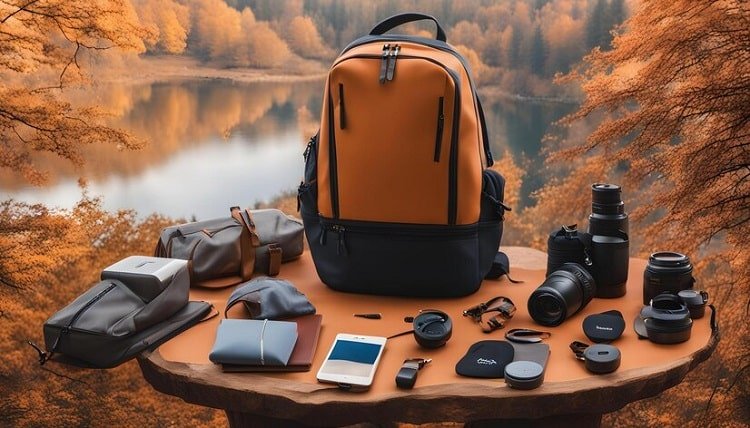
Immersing yourself in diverse local cultures is one of travel’s most rewarding and perspective-expanding experiences. Cultural travel allows you to discover new worldviews, gain a deeper understanding of humanity, and appreciate varied traditions. Exploring centuries-old temples, indigenous art, elaborate festivals – these moments provide an authentic lens into a destination’s heritage and soul.
This article will explore how to deeply engage with local cultures in a meaningful, responsible way. You’ll learn tips to:
- Connect with cultural institutions and experiences
- Travel respectfully and foster mutual understanding
- Support communities economically and preserve cultural legacy
Let’s examine how to gain insight into our shared human tapestry while traveling!
Cultural festivals, museums, historical sites, and other cultural experiences in different destinations
Every destination offers a feast for the culturally curious. Here are venues and events enabling immersive experiences:
Festivals – From Brazil’s Carnival to India’s Holi festival, join crowds celebrating cultural traditions.
Religious sites – Attend a service at a historic church, mosque, Buddhist temple, or Hindu mandir to glimpse spiritual traditions.
Museums – City museums provide an overview while niche museums like Nairobi’s Railway Museum tell specific stories.
Historical and archeological sites – Walk within medieval castles, ancient Roman cities like Pompeii, and rock-hewn churches in Ethiopia.
Music and dance performances – Experience folk music and dance like tango in Argentina, Khmer classical dance in Cambodia.
Indigenous communities – Learn from native populations, like homestays in Maori villages in New Zealand.
Cooking classes – Hands-on instruction in regional cooking styles like Thai curry or Italian pasta making.
Tips for immersing yourself in local culture and traditions
Here are ways to thoughtfully engage:
- Observe cultural norms for behavior and dress to avoid offending locals. Exercise sensitivity in religious places by covering up, removing shoes, silence, etc.
- Learn a few basic words in the local language like greetings to show goodwill, but let locals respond in English if preferred.
- Try bit by bit – sample small portions of traditional foods till your palate adjusts to flavors.
- Spend time alongside locals – use public transit, parks, cafes, and community events. Chat to gain insights into daily life.
- Seek context and history behind cultural sites from guidebooks, tours, or locals to better understand significance.
- Avoid quick selfies at cultural attractions. Linger, listen, and allow the experience to resonate.
Supporting local communities and preserving cultural heritage through cultural travel
Travel ethically with these tips:
- Stay at locally owned hotels versus chains and eat at restaurants supporting cultural traditions like indigenous cuisine.
- Hire local guides directly from tourism boards and pay reasonable tips for quality expertise.
- Purchase traditional handicrafts, textiles and art directly from local artisans and cooperatives.
- Join food experiences like cooking classes and market tours that economically uplift and empower locals, especially women and youth.
- Contribute to cultural nonprofits like Friends of Vat Phou restoring ancient temple sites in Laos.
- Avoid disrespectful portrayal of locals and indigenous groups as props or subjects. Ask permission before photographing individuals.
Conclusion
Immersing yourself in cultural festivals, time-honored rituals, and UNESCO sites provides unforgettable and perspective-changing moments. But remember – cultures are dynamic, living entities rather than relics of the past. Locals act as the stewards protecting their heritage. We must engage as respectful guests. By traveling with open minds and hearts, we gain insight into our shared humanity.
Here are three key takeaways on cultural travel:
- Observe cultural norms for behavior and dress. Learn key phrases but let locals speak English if preferred.
- Hire local guides directly. Buy handicrafts from artisans. Support businesses upholding traditions.
- Contribute to cultural nonprofits preserving heritage. Avoid exploiting locals for selfies or photography without permission.













